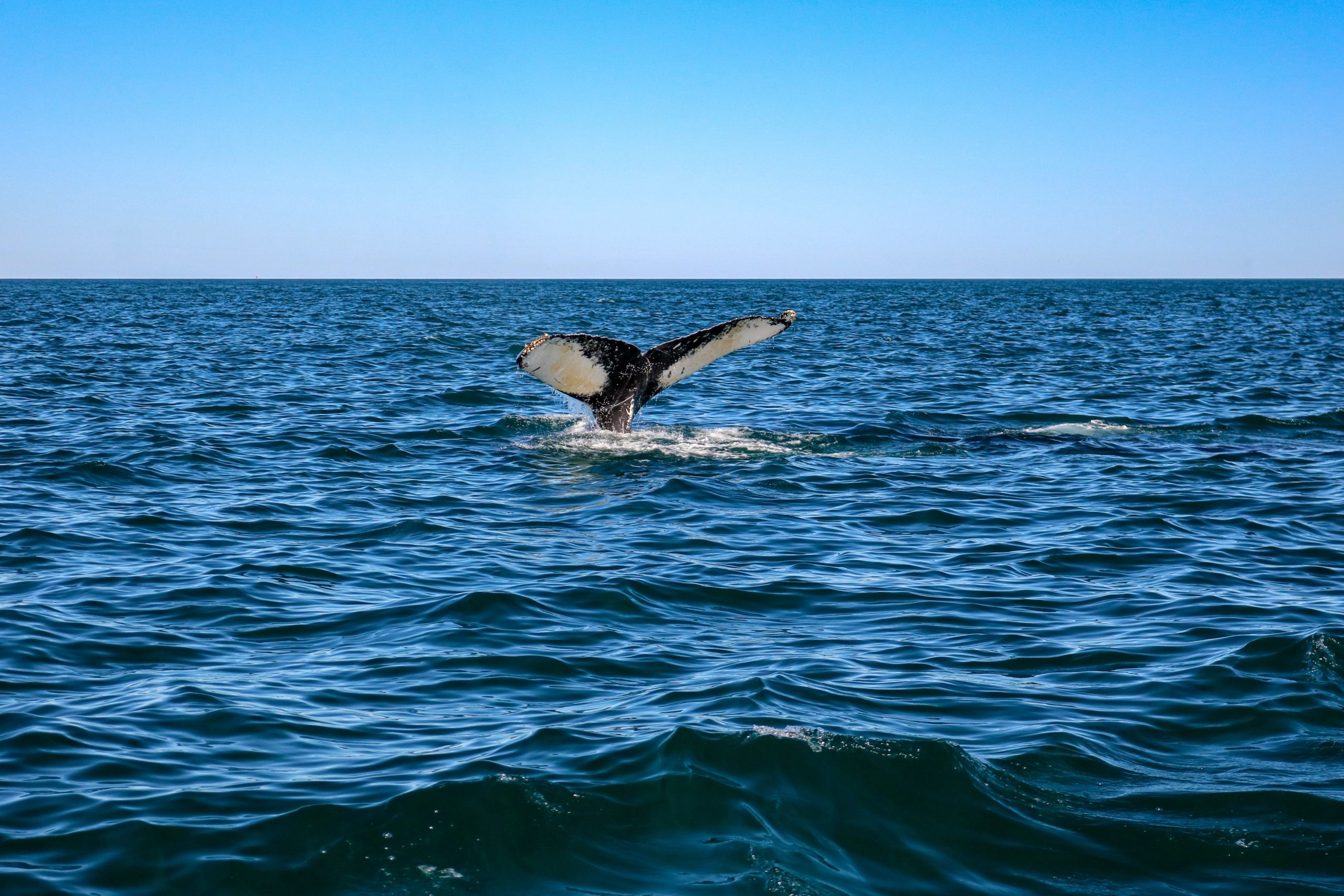Bernadette Jordan—minister of fisheries, oceans, and the Canadian Coast Guard—has announced $806,759 in funding for marine mammal research.
“As we grow Canada’s blue economy, it’s is imperative that we protect our marine life,” said Minister Bernadette Jordan. “Our 2020 measures to protect whales have shown that when we invest in the best data and science, industry, and marine life can thrive side by side. Today, Canada is harnessing the latest technology to better detect and protect our whales on both coasts. Our government will continue to take strong, consistent action to protect this iconic species for generations to come.”
This funding from the Government of Canada supports five research projects under two Oceans Protection Plan programs dedicated to reducing the threats marine mammals face in our increasingly busy and noisy coastal waters.
Three of the projects are funded under the Whale Detection and Collision Avoidance Initiative, which aims to develop and test technologies capable of detecting the presence of North Atlantic right whales and Southern Resident killer whales in near real-time. Through this Initiative, the Woods Hole Oceanographic Institution received $325,508 over two years to test a ship-based infrared camera whale detection system capable of detecting whale blows in near real-time.
“We are testing new prototypes of thermal imaging based automatic whale detection systems in the Gulf of St. Lawrence during the summer of 2021,” said Daniel Zitterbart from the Woods Hole Oceanographic Institution.
“Our aim is that such systems can be placed on vessels in areas that are frequently used by baleen whales, and help to prevent vessel-strike,” added Zitterbart. “With sufficient detection range, such systems can alert mariners within a few seconds after a whale surfaced in the vessel’s path, providing them enough time to take evasive action.”
eSonar received $190,300 for a one-year project to develop a pop-up hydrophone system capable of bringing a communication antenna to the surface of the water following a whale detection event and transmitting the information in near real-time. The Netherlands Organisation for Applied Scientific Research was funded $37,500 over two years to collaborate with international partners to explore innovative techniques for the detection, classification, and localization of the endangered North Atlantic right whales vocalizations in acoustic datasets.
“Whales are awe-inspiring animals that play an important role in our marine ecosystems and have great cultural significance,” said Omar Alghabra, minister of transport. “We know that the North Atlantic right whales and the Southern Resident killer whales face an imminent threat to their survival and that immediate action is required to protect this iconic species for generations to come. Innovative and leading-edge research projects such as these are helping to ensure the risks to endangered whale species are minimized and our valuable marine environment is protected.”
Two more projects are funded through the Marine Environmental Quality Initiative, which aims to better understand the impact of shipping-related noise on the North Atlantic right whale, the St. Lawrence Estuary Beluga, and the Southern Resident killer whale. This initiative also aims to inform measures aimed at reducing underwater noise levels.
The Institut de recherche CHORUS received $198,826 over two years to develop algorithms that will rapidly process vast amounts of acoustic data. This could help better detect and identify whale feeding areas, distribution, and sensitivity to shipping noise. The Marine Animal Response Society received $54,625 over two years to develop protocols for the collection of samples, specifically from marine mammals in Canada’s Maritime provinces, for research on the stress response that comes from exposure to human-made factors, including underwater noise.
“MARS thanks Fisheries and Oceans Canada for acknowledging the importance of this work and supporting us in these early stages towards the development of a comprehensive program to assess and monitor cetacean health,” said Tonya Wimmer, executive director of the Marine Animal Response Society.
“This research is a critical component in building our understanding of the impacts to at risk cetacean populations from human activities and working collaboratively to identify effective solutions,” added Wimmer. “MARS looks forward to continuing with this work over the coming year through the support of DFO and other supporters.”
According to the Government of Canada, these investments will help Canada continue protecting its whale populations in an evidence-based way while focusing on growing our Blue Economy.












